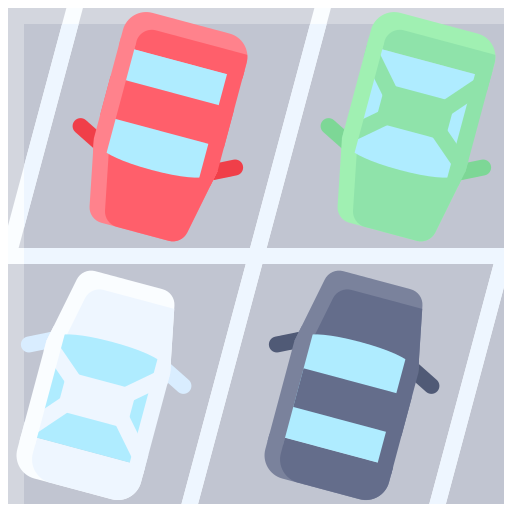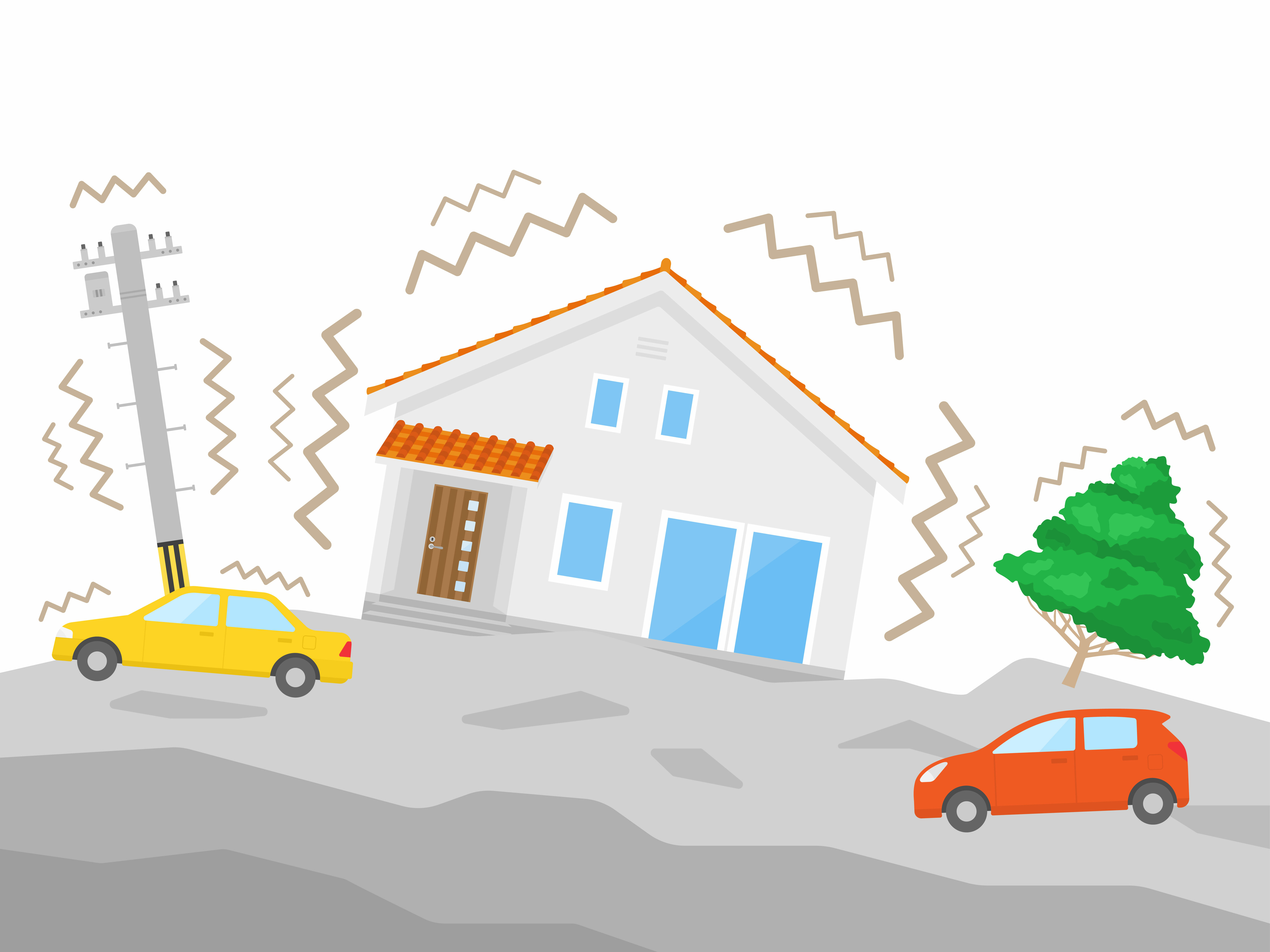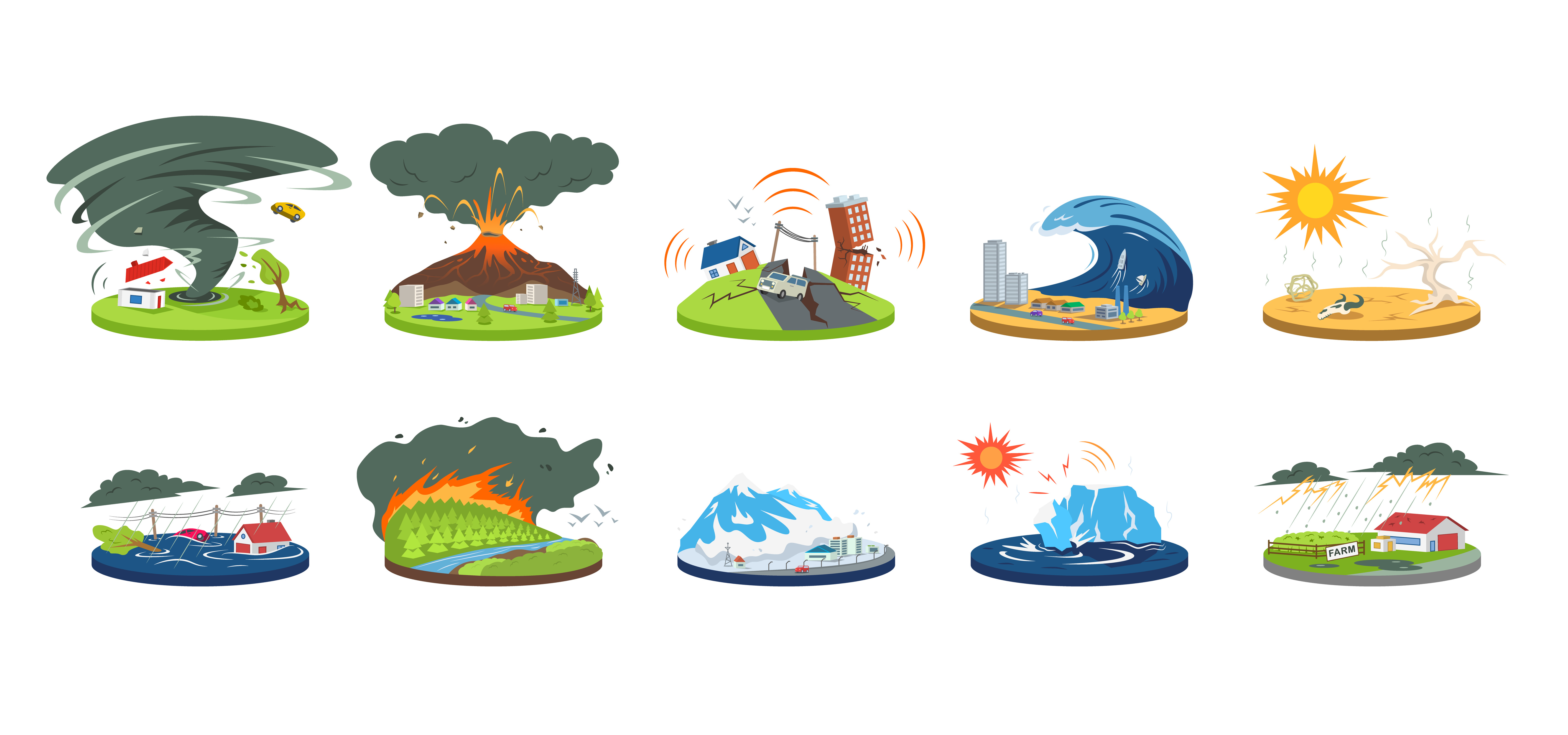Part A Self Introduction
自己紹介をする

Part A_1 Self Introduction
Let’s introduce ourselves to each other.
My name is ________. What is your name?
Part A_2 Self Introduction
I am ________. Nice to meet you.


Part A_3 Self Introduction
Nice to meet you too, ________. What will you do after class today?
Part A_4 Self Introduction
| Answer: |

Part B Vocabulary
Let’s check the meaning and pronunciation of English words.

Part B_1 Vocabulary
We’ll read aloud the words below. Please repeat after me. I will check your pronunciation.
(Please send the mispronounced words and expressions to your student.)
講師の真似をして単語を発音しましょう。
Part B_2 Vocabulary
 |
terrible
恐ろしい
|
 |
drove
(driveの過去形)運転した |
 |
parking lot
駐車場
|

|
finally
最終的に、ようやく
|
 |
fortunately
幸いにも
|


Part B_3 Vocabulary
Now, let’s review some words from part B_2.
(Please review the mispronounced words and expressions from part B_2.)
復習しましょう。
Part B_4 Vocabulary

Part C Role play
Answer the questions based on the situations.

Part C_1 Role play
Let’s role-play a situation where you are helping someone in need.
First, read the example conversational sentences aloud.
First, read the example conversational sentences aloud.
困っている人を助ける状況のロールプレイをしてみましょう。
まずは例文で練習してみましょう。
まずは例文で練習してみましょう。
Part C_2 Dialogue Practice
|
STUDENT:
|
Excuse me. Can I help you? |
|
TUTOR:
|
Yes, please. I’m on my way to Murasaki City Hotel. Do you know where it is? |
|
STUDENT:
|
Yes, I know where it is. Shall I take you there? |
|
TUTOR:
|
Thank you, that’s very kind of you! |
|
STUDENT:
|
Would you like me to carry your bags? |
|
TUTOR:
|
Oh, thank you very much! |


Part C_3 Role play
Now, use the following phrases to talk to people in need.
それでは、下記のフレーズを参考に、困っている人に声をかけてみましょう。
Part C_4 Dialogue Practice
| Expressions to use for the person who helps | Expressions to use for the person being helped |
|---|---|
| Do you need some help? | Could you tell me where I can get a taxi? |
| Is there anything I can do for you? | Could you help me buy a train ticket? |
| Where would you like to go? | |
| Are you lost? | No, thank you. I’m fine. |
| Sorry, I can’t help you. I’m in a hurry. | You’re a lifesaver! |


Part C_5 Role play

| Situation 1: | Someone is looking for a taxi. |

Part C_6 Role play
First, I will use the expressions for the person who helps. You will use the expressions for the person being helped.
まず、講師が困っている人を助ける人を、あなたは困っている人を担当しましょう。
Expressions for the person who helps:
– Is there anything I can do for you?
Part C_7 Role play
Expressions to use for the person being helped:
– You’re a lifesaver.


Part C_8 Role play
Now, let’s switch roles. You will use the expressions of the person who helps. I will use the expressions of the person being helped.
では役割を交代しましょう。
あなたは困っている人を助ける人、講師は困っている人を担当します。
あなたは困っている人を助ける人、講師は困っている人を担当します。
Part C_9 Role play
Expressions for the person who helps:
– Is there anything I can do for you?


Part C_10 Role play
Expressions to use for the person being helped:
– You’re a lifesaver.

Part C_11 Role play
Great job! Let’s have the second one.
素晴らしいです。次のシチュエーションに進みましょう。

Part C_12 Role play

| Situation 2: | A child is lost and crying. |

Part C_13 Role play
First, I will use the expressions for the person who helps. You will use the expressions for the person being helped.
まず、講師が困っている人を助ける人を、あなたは困っている人を担当しましょう。
Expressions for the person who helps:
– Let’s find your mom together.
Part C_14 Role play
Expressions to use for the person being helped:
– Thank you!


Part C_15 Role play
Now, let’s switch roles. You will use the expressions of the person who helps. I will use the expressions of the person being helped.
では役割を交代しましょう。
あなたは困っている人を助ける人、講師は困っている人を担当します。
あなたは困っている人を助ける人、講師は困っている人を担当します。
Part C_16 Role play
Expressions for the person who helps:
– Let’s find your mom together.


Part C_17 Role play
Expressions to use for the person being helped:
– Thank you!

Part C_18 Role play
You did an amazing job in this activity!
よくできました!
Part D Reading
Read sentences and check your pronunciation. Make sure you understand the content.

Part D_1 Reading
Please read aloud the passage below. I will check your pronunciation and intonation.
(Please send the mispronounced words and phrases to your student.)
文章を読みましょう。
Part D_2 Reading

Case 1
My wife and I ran out of the house after the terrible shaking. We drove to a store parking lot because we didn’t know where to go. We spent five hours inside the car. Finally, we could speak to a police officer passing by. He led us to the shelter.
Case 2
I took a trip by train with a friend. On the way back, a large earthquake occurred. Trains stopped running. At the station, announcements were in Japanese. We searched for information on the internet, but it was also in Japanese. Fortunately, a woman was talking with some tourists in English.


Part D_3 Reading
Now, let’s review some words and expressions from part D_2.
(Please review the mispronounced words and expressions from part D_2.)
復習しましょう。
Part D_4 Reading

Part E Comprehension Check
Answer the questions and check your grammar. Make sure you understand the content.

Part E_1 Comprehension Check
Now, you will answer the questions based on the passage. I will check if your sentences are complete and if the grammar is correct.
(Please send the sentences that need grammar corrections to your student.)
質問に答えてみましょう。

Part E_2 Comprehension Check
| 1. | In case 1, where did the man and his wife drive to? |
Part E_3 Answer Questions
| Answer: |


Part E_4 Answer Questions
| 2. | In case 2, what does the speaker say about the announcements and information on the internet? |
Part E_5 Answer Questions
| Answer: |


Part E_6 Answer Questions
Now, let’s review your answers.
(Please review your student’s answers by sending the correct answers in complete sentences. After that, ask your student to read aloud his or her corrected answers.)
復習しましょう。
Part E_7 Answer Questions

Part F Ask Questions
Answer the question based on your own opinion.

Part F_1 Answer Questions
Now, you will answer the question based on the dialogue. I will check if your sentence is complete and if the grammar is correct.
(Please send the sentences that need grammar corrections to your student.)
質問に答えてみましょう。

Part F_2 Answer Questions
| 1. | How did you feel when you first experienced an earthquake? |
Part F_3 Answer Questions
| Answer: |


Part F_4 Answer Questions
| 2. | Do you prepare anything for a disaster? If yes, what do you prepare? If no, what will you do if an earthquake occurs during sleep? |
Part F_5 Answer Questions
| Answer: |


Part F_6 Answer Questions
| 3. | What should you do if an earthquake hits while you are taking a class at school? |
Part F_7 Answer Questions
| Answer: |


Part F_8 Answer Questions
| 4. | Do you know where the closest shelter is? Have you been there? |
Part F_9 Answer Questions
| Answer: |


Part F_10 Answer Questions
Now, let’s review your answers.
(Please review your student’s answers by sending the correct answers in complete sentences. After that, ask your student to read aloud his or her corrected answers.)
復習しましょう。
Part F_11 Answer Questions

Part G Free talk
Talk about the following topics.
フリートークをしてみよう

Part G_1 Free talk
Let’s do a free talk about the following topics.
(Please do a free talk if you have time left.)
フリートークをしましょう。


Part G_2 Free talk
Imagine that a disaster has occurred and you and your family are in a shelter.
What is the most difficult problem for you? Why?
What food would you miss if you couldn’t eat it?
What is the most difficult problem for you? Why?
What food would you miss if you couldn’t eat it?
Part G_3 Free talk
| Answer: |


Part G_4 Free talk
What items do you need in a shelter? Please tell me as many as you can think of. Any small items are okay.
Part G_5 Free talk
| Answer: |
